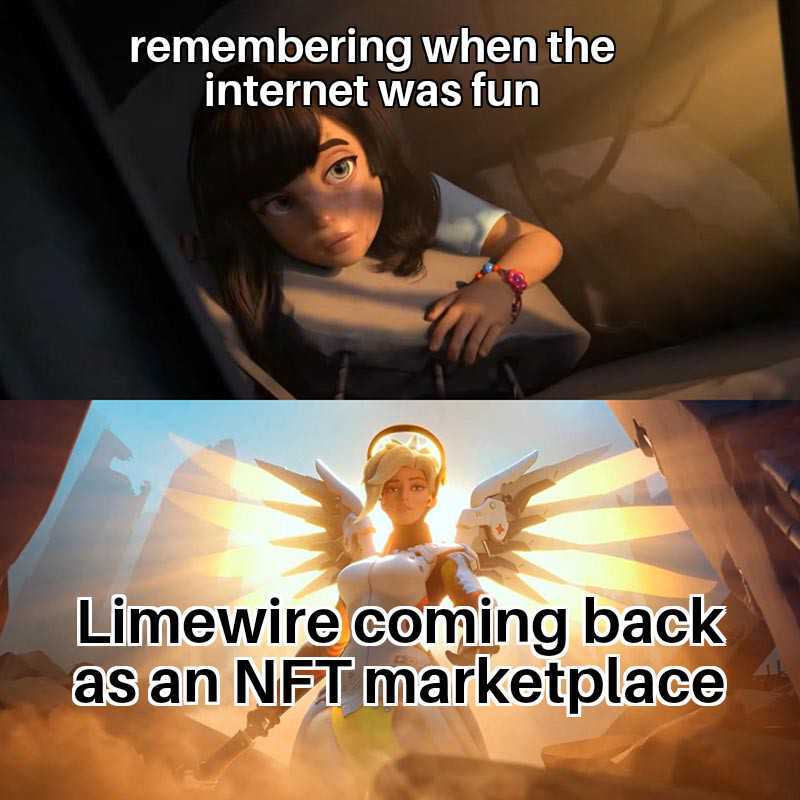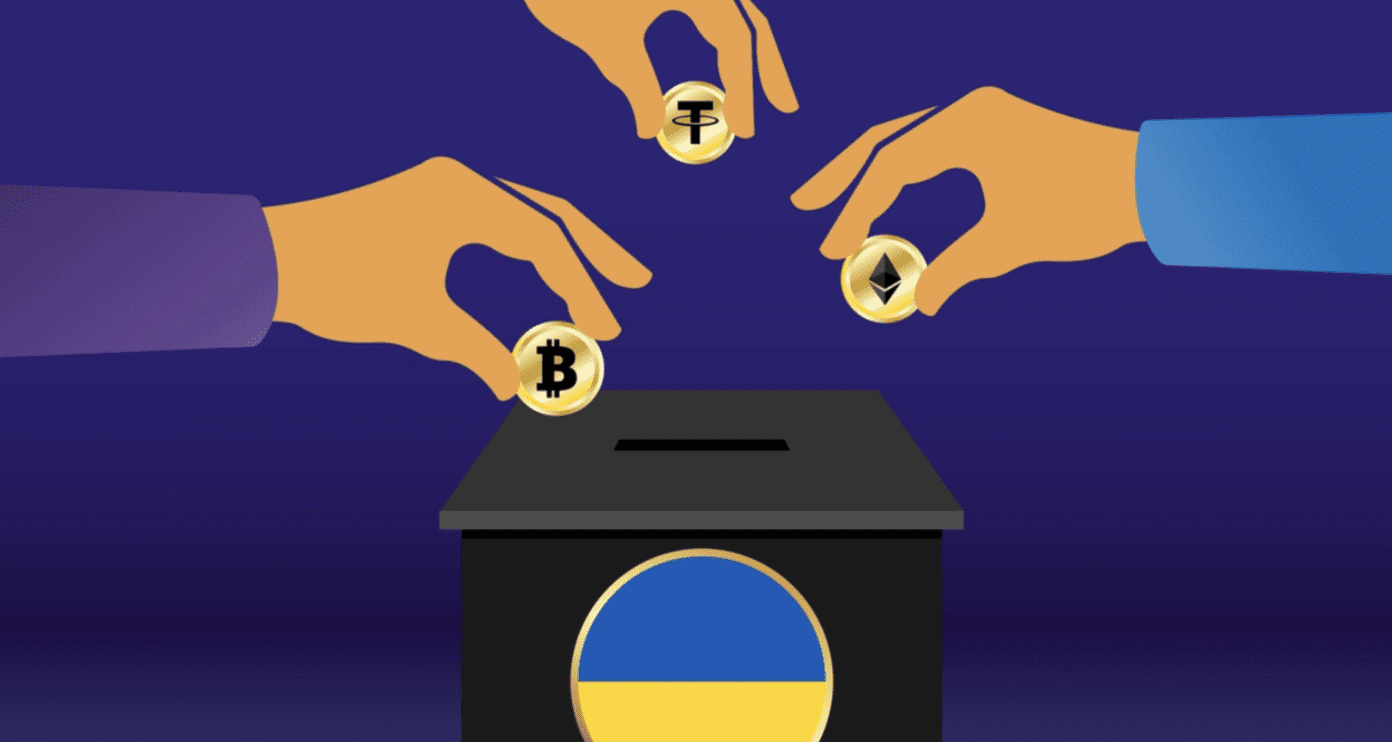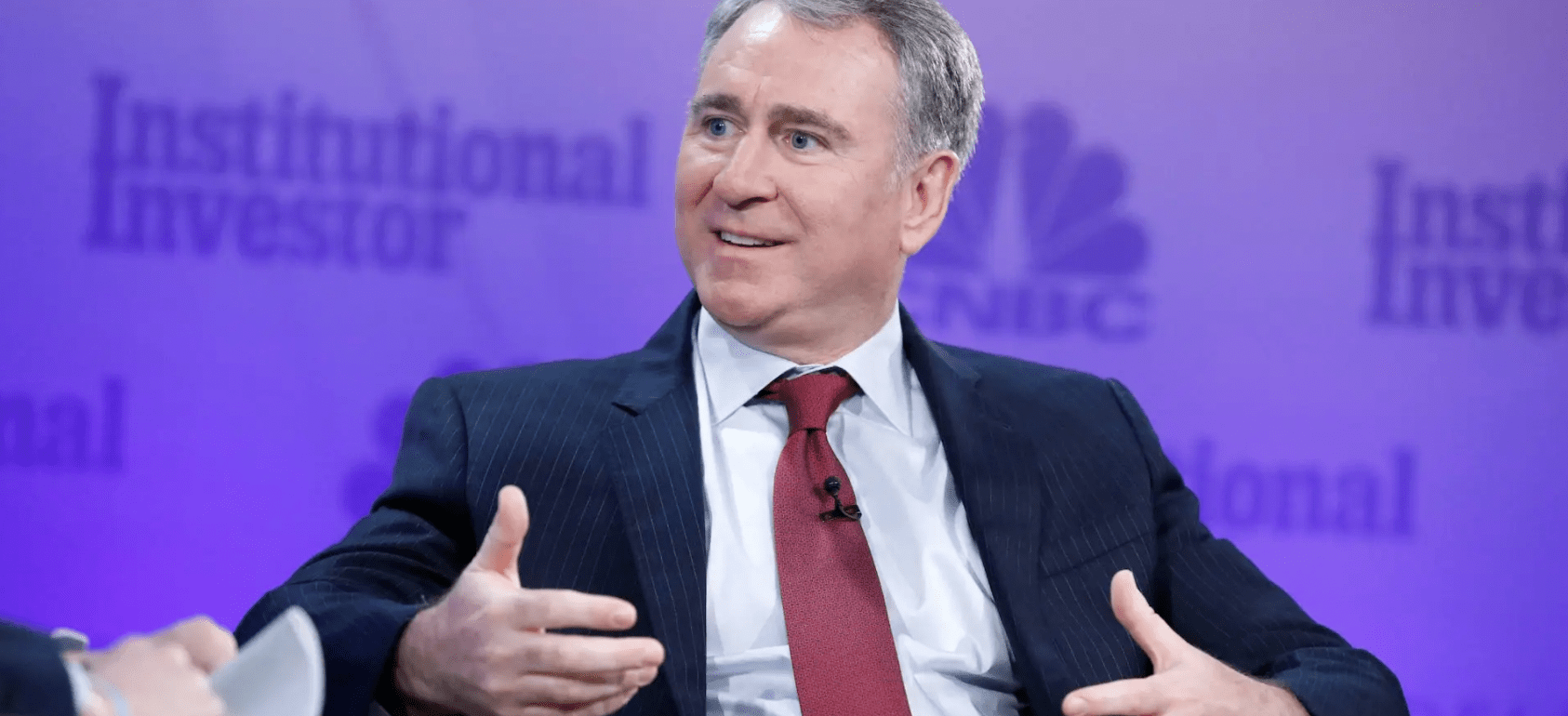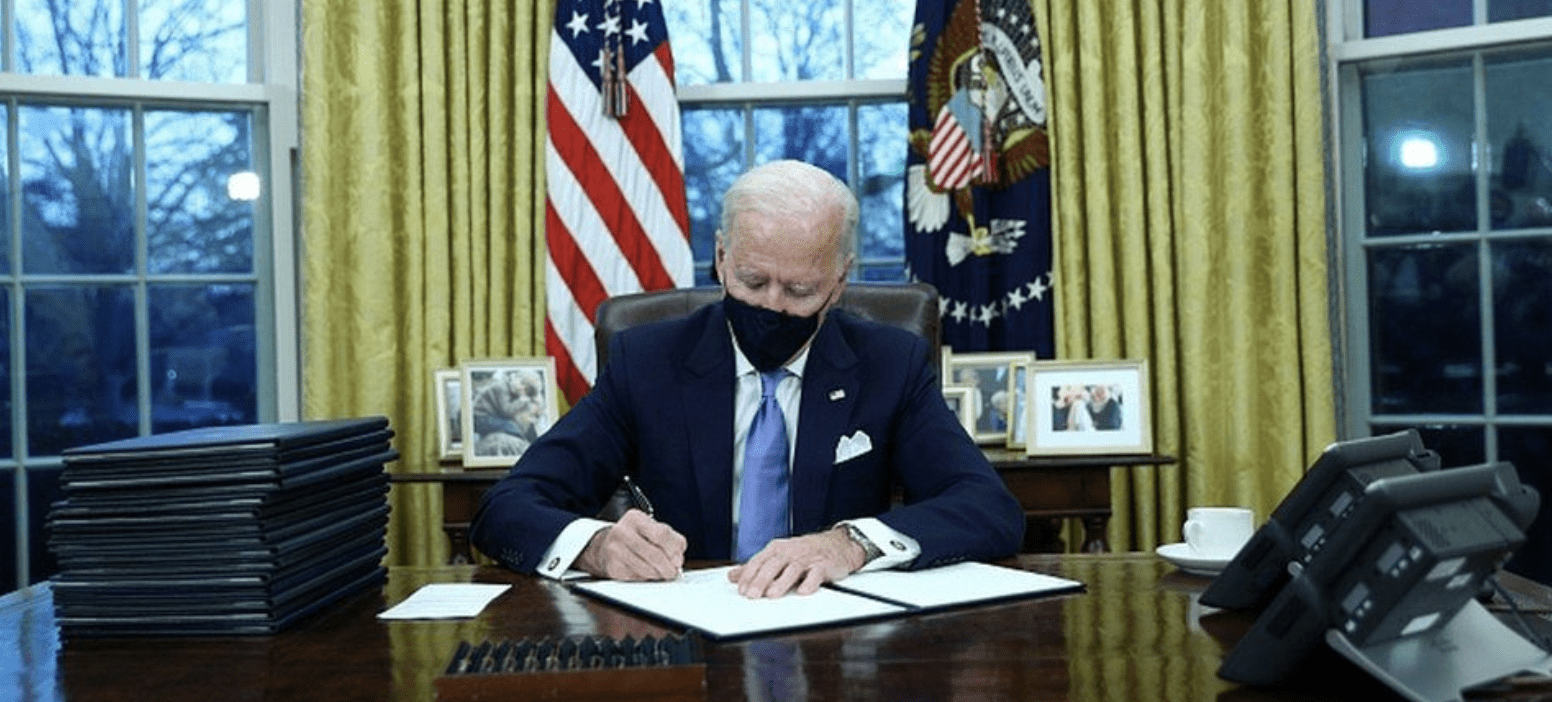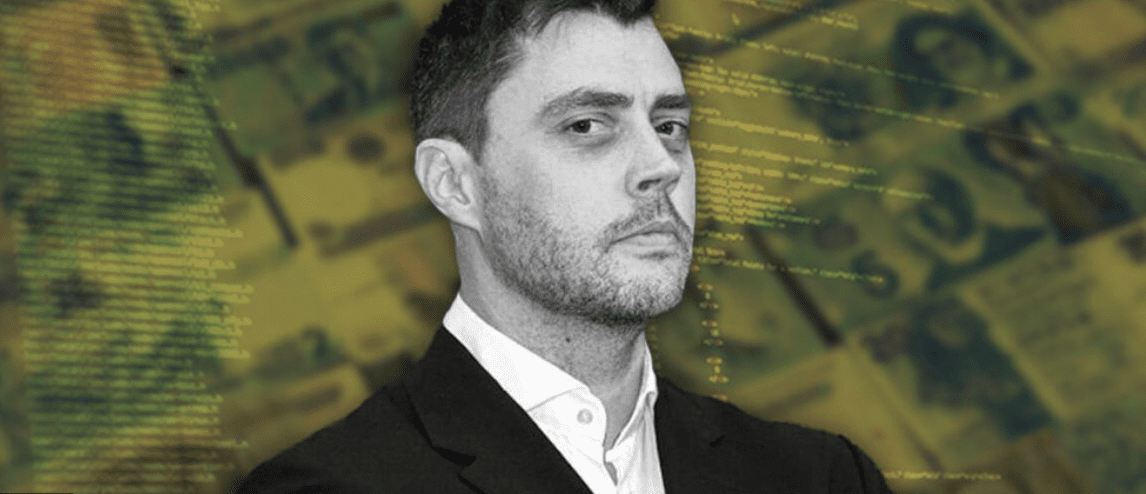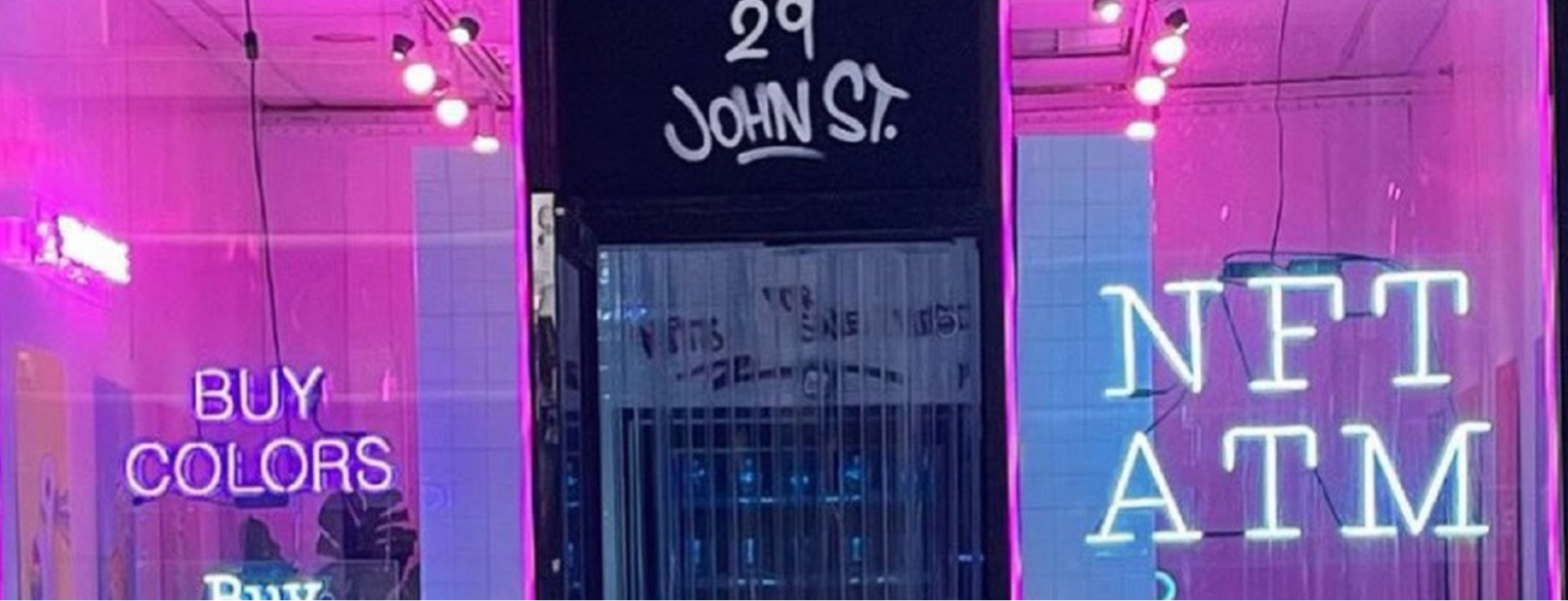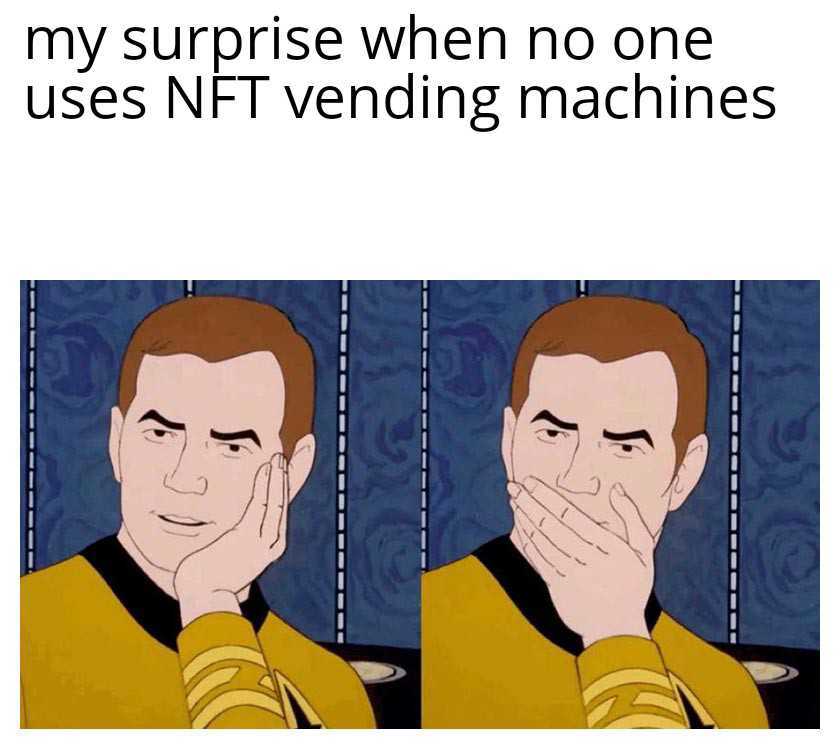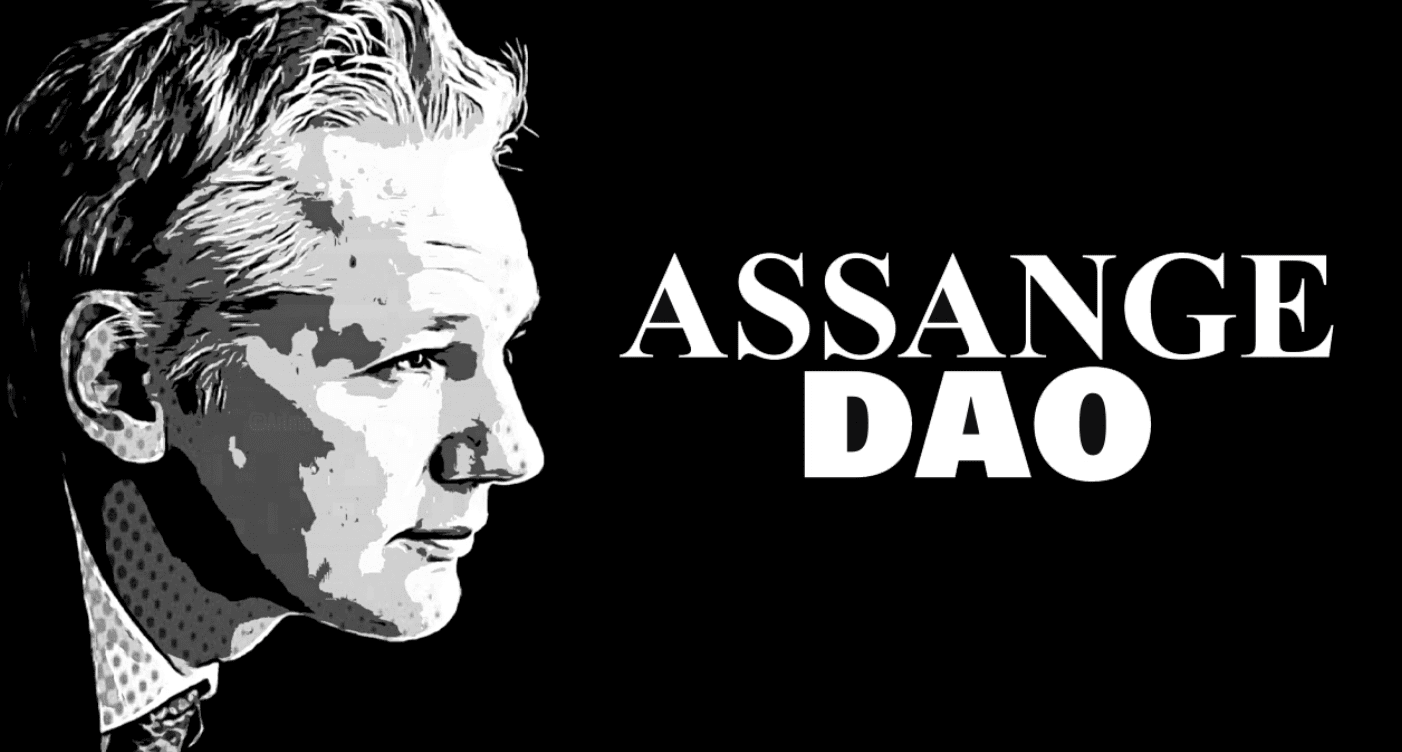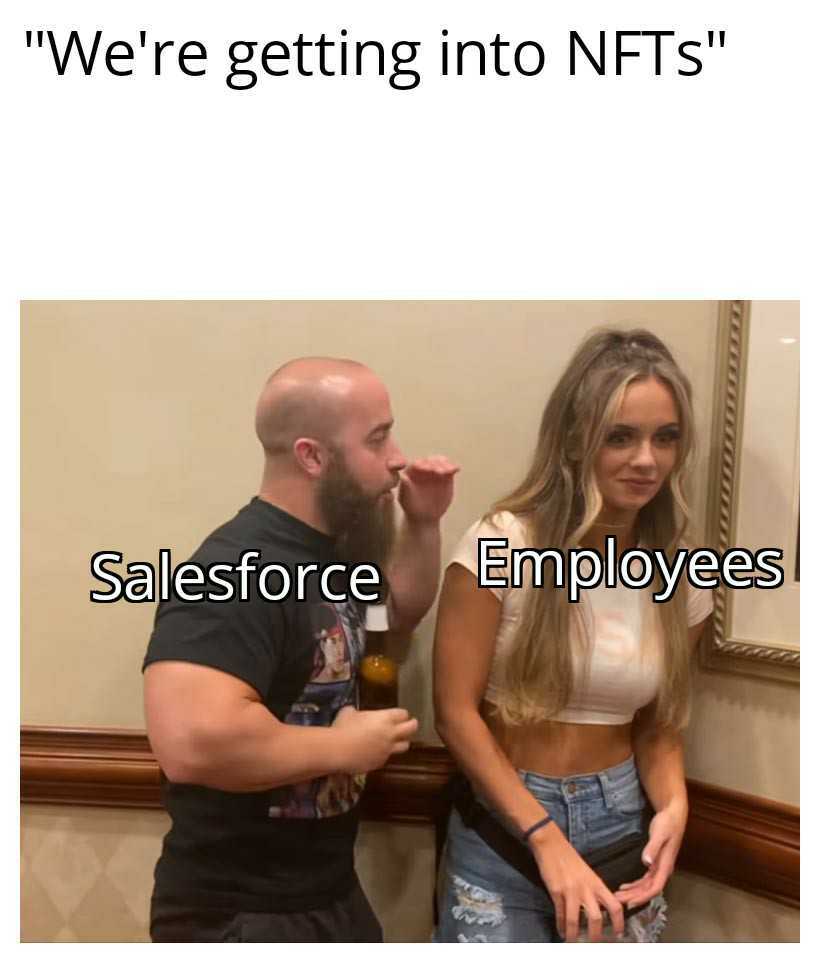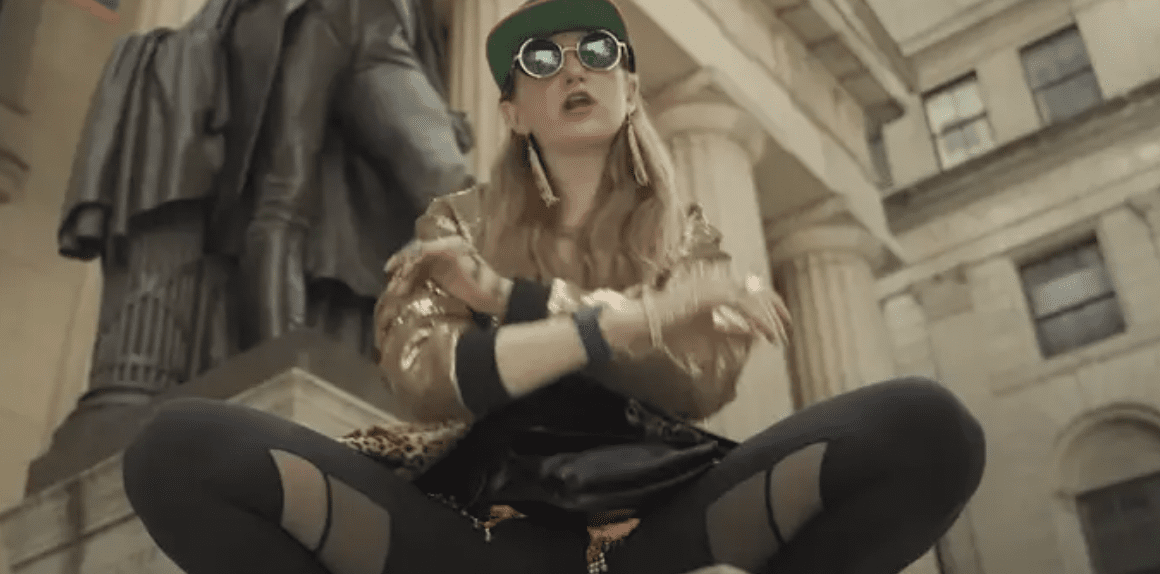Welcome to the April 1st edition of the Decentral Weekly Crypto News Wrap-Up, where Neil and Em wrestle with the same question every week: “Is this a thing?”
What can you expect from this week’s crypto news-wrap up? ExxonMobil is mining Bitcoin, Ukraine launches an NFT museum, and we finally figured out who Satoshi Nakomoto is! Yes, that was a lazy attempt at an April Fool’s joke. Let’s get into these cryptocurrency headlines..
ExxonMobil is... crypto mining?

There’s no question cryptocurrency has changed the world, and it looks like some major international companies are getting in on the action. ExxonMobil, one of the largest oil companies in the world, is currently mining Bitcoin in North Dakota. Exxon is diverting natural gas to fund a Bitcoin mining operation involving several thousand Bitcoin miners.
The initiative began back in January 2021. While this pilot program does not help Exxon reduce emissions, it does help them “create use” out of the waste, which would otherwise burn in North Dakota wells. ExxonMobil is reportedly planning similar pilot programs around the world.
What do you think? It might not be something environmentalists are excited about, but is this innovative? Will more oil companies begin mining Bitcoin?
Neil says:
I’m not going to lie, this seems like a pretty innovative move. ExxonMobil is taking excess natural gas and mining Bitcoin with it, and we can expect other oil companies to follow suit. In fact, it looks like ConocoPhilips is already doing just that. Oil companies aren’t known to exactly be beloved by the public, but I think this is smart.
Em says:
This is kind of a funny conundrum because environmentalists tend to dislike both Big Oil and crypto mining. Meanwhile, Exxon claims this is actually mining Bitcoin to protect the environment. Now watch all the environmentalists short circuit. I’m not knowledgeable enough to know if it’s true from an energy perspective, but it seems like a good play from Exxon’s POV.
Bottom line:
Neil thinks this is an innovative thing, Em is a bit more cautious.
Who do you agree with?
Ukraine launches NFT museum

Ukraine is launching a digital museum that will feature NFT collectibles. Thanks to Ukrainian NFT artists, the museum was created in collaboration with Ukraine’s Ministry of Digital Transformation. The first drop took place on Wednesday, March 30th.
Each NFT will cost around .15 ETH (around $460) and will be sold in chronological order. The NFTs will feature news pieces from official sources and illustrations from NFT artists. The goal is to “preserve the memory of the real events at that time” and offer a truthful Ukrainian account of the ongoing Russia-Ukraine war.
The funds will reportedly go directly to the Ministry of Digital Transformation and then redistribute for Ukraine military and civilian aid. The museum will feature thousands of NFTs and is expected to raise somewhere between $2 and $3 million.
What do you think about Ukraine launching an NFT museum? Does the context matter to you at all?
Neil says:
Technology is pretty insane. I completely understand how someone is weirded out by selling news stories as NFTs to raise money for a war; but at the same time, it does make sense. I mean, not too long ago, social media was a strange concept to many people. Ukraine canceled the airdrop, and now investors can get an NFT. If you support Ukraine, this is a win-win.
Em says:
This is interesting but also it somehow feels weird and gross to people because it seems like the commodification of war. I understand it because social media and harnessing the narrative seems like the only option Ukraine has because they lack military power. Still feels weird though.
Bottom line:
Neil thinks this is a logical thing, Em thinks it’s still a weird thing.
Who do you agree with?
Crypto queen Katie Haun takes on Web3

We know there’s a major gender problem in the venture capital world, but Katie Haun is having no trouble raising money. Haun, a former general partner at Andreesen Horowitz, has raised $1.5 billion across two separate funds at Haun Ventures.
This wasn’t just a big deal for the cryptocurrency sector – it’s a big deal in general. Haun now has the largest debut fund by a female VC in history. Haun acknowledged the pressure but also stated that it was motivating. Many experts believe that this validates investor interest in Web 3.0.
Thoughts on this accomplishment? Does this essentially validate Web 3.0, or does this give more ammo to its critics who suggest that Web 3 will just be a VC-backed marketing scam?
Neil says:
Jack Dorsey has been saying for a while that Web 3.0 is a VC-backed marketing scam, and this seems to look a certain way. This massive fund is dedicated to building Web 3.0… shout out to Haun for at least acknowledging the criticism. This might be a big accomplishment in terms of numbers, but I’m not convinced it “validates” Web 3.0.
Em says:
It is a little ironic considering the dispute about whether Web3 is really all that decentralized when it’s highly VC-backed. But the only thing I can hope for is that Web3, like many DAO models, will decentralize over time. Maybe this is how it has to be to get it developed in the first place.
Bottom line:
Neil doubts whether this is a thing, Em thinks it could be a great “build a foundation” thing.
What do you think?
Justice Department charges Frosties NFT scammers

There are many interesting NFT projects out there, but there are also bad actors hoping to capitalize on the rise of NFTs. Two of those individuals are Ethan Nguyen and Andre Llacuna, the masterminds behind the “Frosties” rug pull.
The U.S. Justice Department recently charged them over the NFT scam. Once the pair raised around $1.1 million, they abandoned the project and attempted to make off with the investor money.
Of course, this is after their promises to investors involved not only tokens, but additional giveaways, mint passes, and “early access” to a future game they were supposed to develop. Instead, the two transferred money to different crypto wallets to begin “washing” the cryptocurrency (selling them on different exchanges to “hide” where it came from).
Any thoughts on these charges or additional advice for investors to avoid rug pulls?
Neil says:
There are lots of NFT scams out there, and it’s extremely unfortunate. They deserve to be charged. I will say one bit of advice might come in handy: If you truly believe in a long-term NFT project, it might be worth it to wait a little while. In the case of Frosties, these guys shut down their Discord server within an HOUR of the NFT drop. Sure, it’s a bit more conservative; but waiting a day, or a week, to “ape” into an NFT project might be a smart move.
Em says:
No one likes to see scams happen but it’s also a hazard of an unregulated market. Maybe everyone in crypto this early will get scammed at least once, or maybe you’re smart and shrewd enough to dodge the grifters. It seems like that may lead to losing out on some of the most insane returns, and that’s just a tradeoff everyone has to calculate for themselves.
Bottom line:
Neil thinks “wait and see” should be more of a thing, and Em thinks this is a “want crazy gains,
deal with scammers sometimes” thing.
What do you think???
Biden’s budget proposal will generate billions in crypto
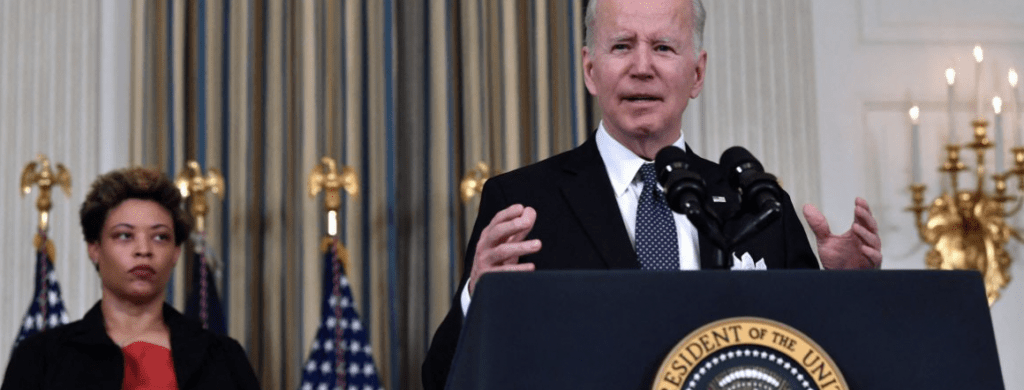
Joe Biden, the president of the United States, finally released his 2023 budget proposal. The proposal may generate a staggering $11 billion by 2032 just by “modernizing” cryptocurrency legislation. This is part of a larger plan for the Biden administration to shrink the deficit over the next decade.
We all know cryptocurrency regulation is a slow process, but we also know there will be significant regulatory changes. First, certain taxpayers will have to report foreign taxpayer accounts, and rules for digital asset loans will also change.
What do you think? If you had to guess, will the proposal generate more or less than $11 billion? Do you think Biden will push back harder against cryptocurrency, or fall back for the time being?
Neil says:
Look, there’s no way there wasn’t going to be regulation. If you are such a crypto enthusiast/whale that you plan your entire life around your crypto holdings, maybe it’s time to fly to another country. Besides that, regulation was inevitable, and it’s better to have a clear framework than nothing. I don’t think Biden is “anti-crypto” necessarily, despite what some believe.
Em says:
Listen, as far as I’m concerned, this is theft. The fact that they’re “raising money” through regulations is inherently unjust. Wealth existing in the market doesn’t automatically mean the government has a right to a cut. There wouldn’t be a budget deficit in the first place if the government didn’t think it was entitled to abscond with the people’s wealth.
Bottom line:
Neil thinks this is a “regulation is inevitable” thing, and Em thinks this is a “taxation is theft” thing.
Consensus!
Bad idea of the week: Chinese Communist Party, meet the metaverse

We’ve written previously about the metaverse, and it looks like there is one institution that is hard at work in virtual worlds already: the Chinese Communist Party. There is a cade training school called the Chinese Academy of Governance, and the academy has adopted a metaverse-empowered “party-building” system.
The party’s metaverse system is meant to save time and travel costs, as cadres typically visit historical sites to learn more about the Communist Party. Participants can now use virtual avatars to move around and communicate, and users can also remotely access virtual activities and actively learn in immersive virtual environments.
Why is metaverse fever so high in China, especially when Meta (formerly Facebook) is the reason the entire world is talking about the metaverse?
Is this bad PR for the metaverse, or should we recognize that all sorts of organizations will be entering the metaverse? Is it proof that China might be ahead of the curve in terms of the metaverse, compared to the United States, like they seem to be with artificial intelligence?
Neil says:
So… why did I choose this for a “bad idea”? The answer is simple: one of the biggest tech companies in the world (Facebook) rebranded to Meta to become a metaverse leader, and we haven’t heard from them in terms of major partnerships or advancements. Instead, the metaverse is getting PR from the Chinese Communist Party? Seems like a PR fail for the metaverse in general.
Em says:
Well, we know China has certain strategies, and they wouldn’t be getting into the metaverse just for funsies. Meanwhile, our government is out here trying to figure out what Twitter is and sleeping on the innovation that’s happening all around. Fingers crossed it doesn’t come back to bite us.
Bottom line:
Both Neil and Em agree this is bad PR, and that the U.S. should pick it up in terms of metaverse innovation.
Consensus again!
Meme of the week
As always, Em brings you the meme of the week:

And that’s our crypto news wrap-up!
Will Biden’s budget proposal generate more than $11 billion, or is that number too high? Will the Frosties NFT scammers serve jail time, or are fines/probation more likely? Will Haun Ventures end up shaping the future of Web 3.0? Why is there ALREADY a Will Smith slap token?
Tell us all of your thoughts/opinions/perspectives at @decentralpub with the hashtag #weeklycryptonews on Twitter!




 Vitalik Buterin might be 28, but he’s also arguably the most influential figure in the cryptocurrency space. For those who don’t know, Buterin is a co-founder of Ethereum.
Vitalik Buterin might be 28, but he’s also arguably the most influential figure in the cryptocurrency space. For those who don’t know, Buterin is a co-founder of Ethereum. Many companies have entered the
Many companies have entered the  Several years ago, there was one lingering question in the cryptocurrency world: when was the institutional money coming in? In 2022, we know the institutional money is here, and it looks like
Several years ago, there was one lingering question in the cryptocurrency world: when was the institutional money coming in? In 2022, we know the institutional money is here, and it looks like  We’ve previously reported about
We’ve previously reported about  There are many
There are many  If there’s one thing that the Matt Damon
If there’s one thing that the Matt Damon  And that’s our crypto news wrap-up!
And that’s our crypto news wrap-up!





